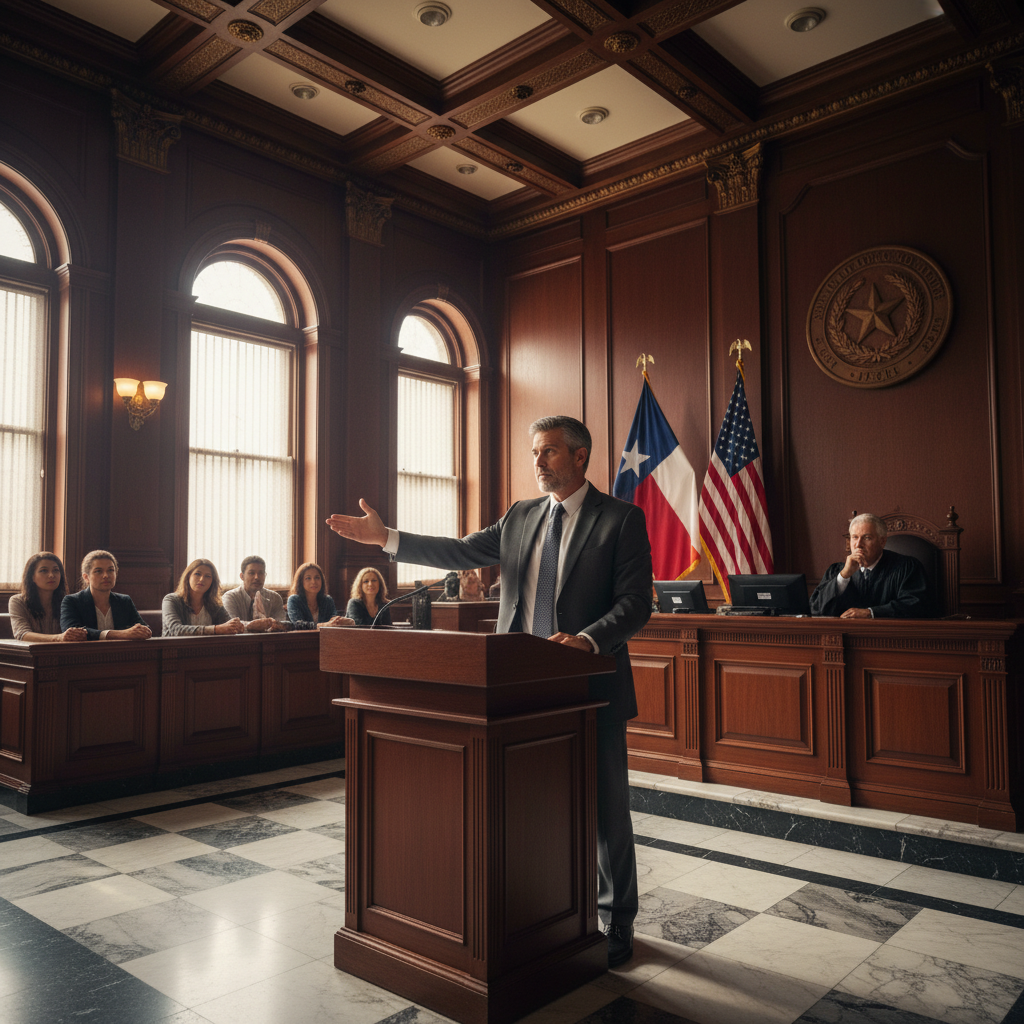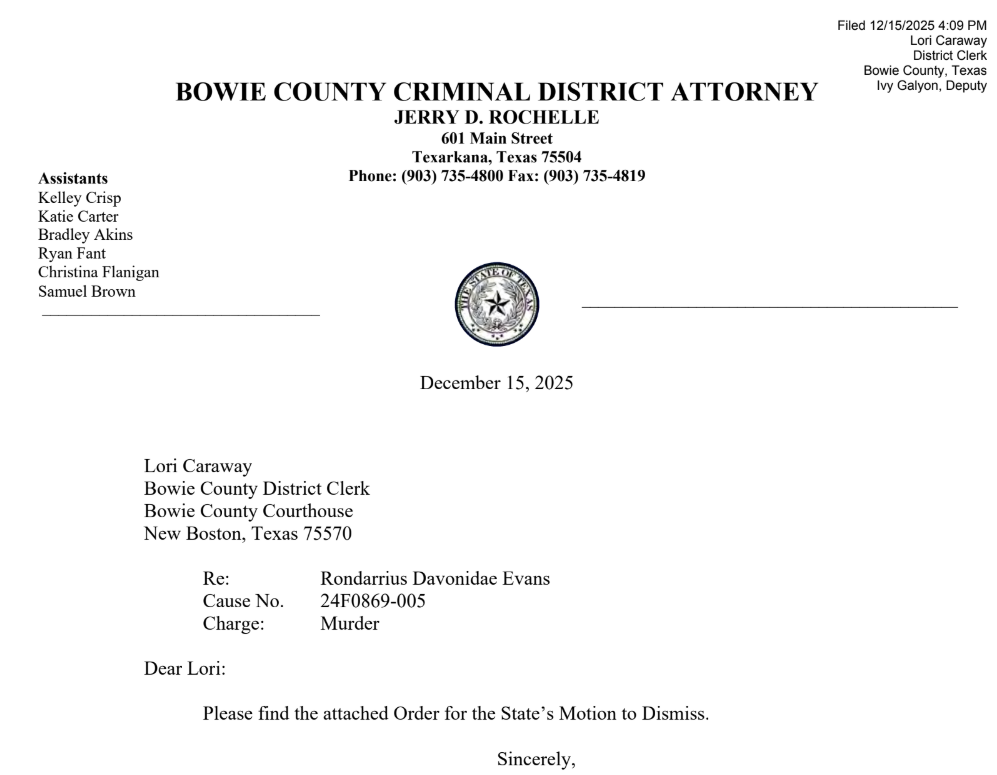Getting arrested is a stressful and overwhelming experience, but how you respond in those critical moments can make a significant difference in protecting your rights and shaping the outcome of your case. Whether it’s your first encounter with the law or you’ve faced legal challenges in the past, knowing what steps to take can help you stay calm and prepared. This guide outlines the most essential actions to take immediately after being arrested.
Stay Calm and Composed
The first and most important thing to do after being arrested is to remain calm. It’s natural to feel anxious or even angry in such a situation, but losing your cool can escalate the problem. A calm demeanor can help you think clearly and avoid saying or doing things you might regret later.
Why Staying Calm Matters:
- It prevents miscommunication with law enforcement officers.
- Maintaining composure can positively influence the way officers treat you.
- Acting out could lead to additional charges, such as resisting arrest.
Take deep breaths, focus on the situation at hand, and remember that you’ll have opportunities to address your side of the story later with legal representation.
Know and Exercise Your Rights
Every individual has certain legal rights during an arrest, and understanding these rights is key to protecting yourself. These rights are guaranteed under the U.S. Constitution and include:
The Right to Remain Silent
You are not obligated to answer questions beyond providing basic identifying information, such as your name. Exercise this right, as anything you say can and will be used against you in court.
What to Say: If law enforcement tries to question you, politely say, “I am invoking my right to remain silent,” or “I would like to speak to my attorney.”
The Right to an Attorney
You have the right to legal representation. Do not attempt to explain, negotiate, or resolve the situation on your own. Inform the officers that you wish to consult with your attorney before answering any questions.
Protection Against Unlawful Searches
Unless the authorities have probable cause or a warrant, you have the right to refuse consent for a search of your person, home, or belongings. Politely but firmly state, “I do not consent to a search.”
Understanding and asserting these rights can prevent self-incrimination and ensure that law enforcement follows legal procedures.
Contact an Attorney Immediately
One of the first steps you should take after being arrested is to contact an attorney. A skilled defense lawyer can guide you through the process, protect your rights, and begin building your case as early as possible.
Why Legal Representation Is Crucial:
- They can advise you on what to say and what to avoid.
- An attorney can review your arrest to check for any legal violations.
- They can negotiate bail, plea deals, or case dismissals on your behalf.
If you don’t already have a lawyer, you can request a public defender. However, it’s often beneficial to secure a private attorney with specific experience in handling charges like yours.
Pro Tip: Memorize the phone number of a trusted attorney or a legal support service in case you don’t have access to your phone at the time of your arrest.
Avoid Self-Incrimination
It’s critical to avoid any actions or statements that could be interpreted as admission of guilt. Even casual remarks can be taken out of context and used against you later.
Steps to Prevent Self-Incrimination:
- Don’t Answer Questions: Aside from basic identifying information, avoid discussing details of your case until your lawyer is present.
- Avoid Conversations with Others About Your Arrest: Statements made to other individuals, even friends or family, could potentially be subpoenaed and used in court.
- Be Mindful of Social Media: Avoid posting or commenting about your arrest or the incident that led to it. Social media posts can serve as evidence.
By remaining silent and refraining from unnecessary conversations, you can better safeguard your case.
Document Events and Gather Evidence
After you’ve secured legal counsel, start documenting details about your arrest while your memory is fresh. These details could be critical for building your defense.
What to Document:
- Timeline of Events: Note when and where the arrest took place, as well as the names or badge numbers of the officers involved.
- Officer Behavior: Record anything that seemed unprofessional or inappropriate during the arrest.
- Surrounding Circumstances: Identify any witnesses or surveillance cameras in the area that may have captured the incident.
This information can provide valuable context and evidence for your attorney to work with.
Be Cooperative but Cautious
While it’s crucial to assert your rights, you should also remain cooperative and respectful with law enforcement officers. Resistance or hostility can worsen the situation.
Key Dos and Don’ts:
- DO: Comply with lawful commands, such as providing your ID or following physical instructions.
- DON’T: Argue or physically resist arrest, as this could lead to additional charges.
- DO: Keep your responses polite and limited to essential information.
- DON’T: Assume guilt or apologize for alleged actions, as this can be construed as an admission of wrongdoing.
Cooperation shows you’re willing to comply with the process without forfeiting your legal protections.
Know What to Expect Post-Arrest
After your arrest, you may be taken to a police station for booking. This process typically includes recording your personal information, taking fingerprints, and possibly a mugshot. Following booking, you’ll either be released (in some cases on bail) or held until your court appearance.
Steps to Focus on After Booking:
- Contact your lawyer immediately for updates and advice.
- Plan how to address the charges with your attorney.
- Appear at all required court hearings to avoid additional consequences.
Remaining proactive after your arrest can reinforce your commitment to resolving the matter responsibly.
Conclusion
Being arrested can feel overwhelming, but taking the right steps can make a world of difference. Stay calm, exercise your rights, and contact an attorney as soon as possible. Avoid self-incrimination, document the events surrounding the arrest, and remain cooperative with law enforcement while asserting your legal protections.
Above all, never underestimate the value of skilled legal representation. A qualified attorney can be your strongest ally in navigating the complexities of the legal system and working toward the most favorable outcome possible. If you or a loved one are facing charges, take action today to secure your rights and protect your future.






